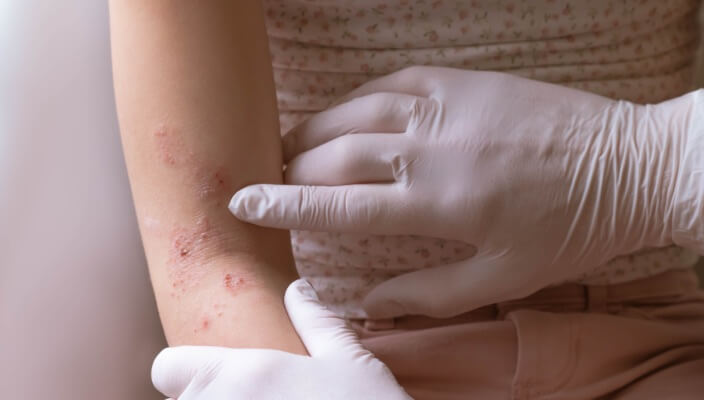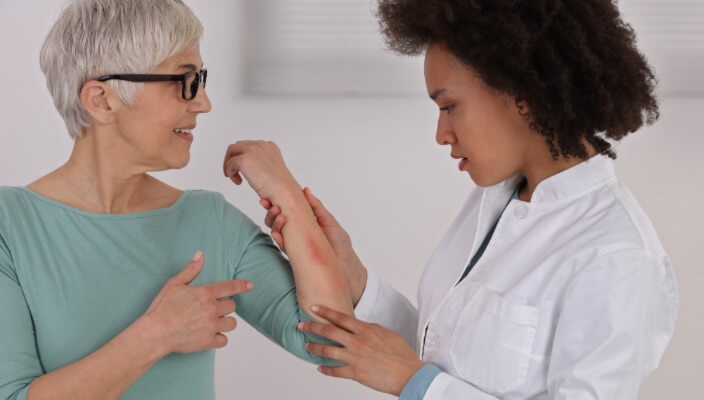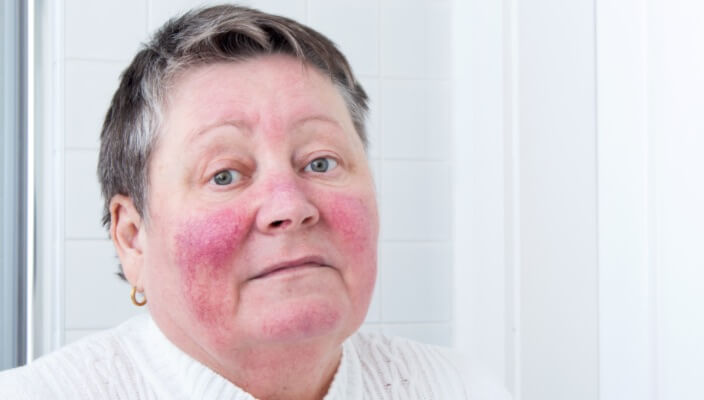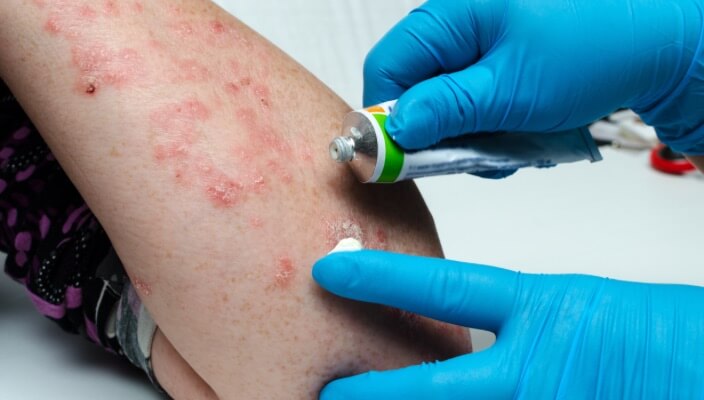Poison Ivy Rash or Something Else? A Guide to Accurate Skin Condition Diagnosis
Understanding Poison Ivy Rash: Key Characteristics and Symptoms
 When dealing with an itchy, red rash, it can be challenging to determine whether it’s due to poison ivy or another skin condition. Accurate diagnosis is crucial for effective treatment and relief.
When dealing with an itchy, red rash, it can be challenging to determine whether it’s due to poison ivy or another skin condition. Accurate diagnosis is crucial for effective treatment and relief. Identifying poison ivy rash involves recognizing its distinct characteristics, which are caused by contact with urushiol, a resin found in poison ivy, poison oak, and poison sumac. The appearance of the rash often presents in a linear or streaky pattern, reflecting the way the plant's resin may have brushed against the skin. Initially, it typically appears as red, itchy patches that can develop into blisters. The rash usually occurs on areas of the skin that have come into direct contact with the plant and can appear on various parts of the body, including the arms, legs, and face. Symptoms generally manifest within 12 to 48 hours after exposure, making it relatively straightforward to trace back to a recent outdoor activity.
Accurate diagnosis is essential for effective treatment. Identifying whether it's poison ivy rash or another skin condition leads to the best care and relief.
Differentiating from Other Skin Conditions
Eczema, or atopic dermatitis, is a skin condition known for its dry, scaly patches that can appear red or brownish. Unlike poison ivy rash, eczema usually doesn’t produce blisters. It often affects the inner elbows, knees, and hands. Eczema is commonly triggered by allergens, irritants, or stress, rather than by contact with plants.
Hives, or urticaria, are characterized by raised, itchy welts that can vary in size. These welts might appear anywhere on the body and can move around quickly. Hives typically have a pale center with a red border. They are usually caused by allergens, medications, or stress, and are not related to plant contact.
Contact dermatitis is another condition that can look similar to poison ivy rash. It causes redness and itching, and sometimes swelling. Unlike poison ivy rash, contact dermatitis doesn’t always produce blisters. It usually occurs on areas of the skin that have been exposed to irritants or allergens, rather than the urushiol found in poison ivy.
When to Seek Professional Help
If you’re uncertain about the cause of your rash or if it continues despite treatment, seeking professional advice is crucial. The dermatologists at The Skin Surgery Center specialize in diagnosing and treating a wide range of skin conditions.
Contact us today to schedule an appointment and receive the expert care you need. Accurately distinguishing poison ivy rash from other skin conditions is key to effective treatment. If you're unsure about your rash, The Skin Surgery Center is here to provide accurate diagnosis and relief.
Featured Products
Check your local office for current stock!
Check your local office for current stock!
Related Blog Posts

- General Dermatology
- Chronic Skin Conditions
Eczema, a chronic skin condition characterized by inflammation and intense itching, can be challenging to manage, especially during flare-ups.
Read More
- Chronic Skin Conditions
Rosacea, a chronic skin condition characterized by redness, visible blood vessels, and sometimes acne-like bumps, can be an enigmatic challenge for those who experience it.
Read More
- General Dermatology
- Skin Care
Learn how to protect yourself from poison ivy year-round with dermatologist tips on seasonal changes and rash prevention. Stay safe and rash-free!
Read More


